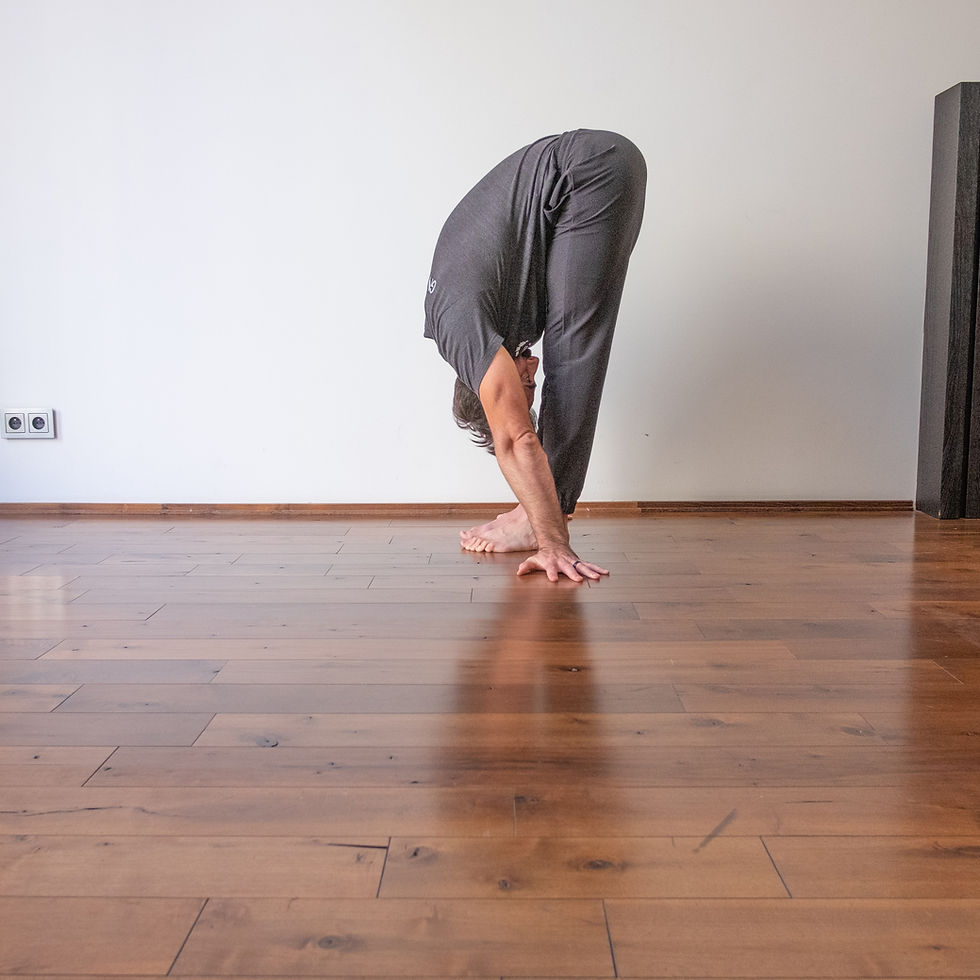Running Tips from Redrock Physio
- Kieran Cummins
- Jan 30, 2023
- 3 min read
Leading Physiotherapist Kieran Cummins, from Redrock Physio Clinic St Albans, shares his top tips for ensuring running success and avoiding injury. For many people spring is the chance to re-ignite their exercise regime with regular runs, and for others it marks the beginning of months of training towards a 5k, 10k run or marathon. Whether you are aiming to run 26 miles or enjoy a casual weekly jog, preparation and looking after your joints and muscles is crucial to making sure you get the best from your run.
Stretch before running and then afterwards Prior to, and after a run, stretching is recommended for about 10-15 minutes and should include all joints and extremities. This should include your hips, hamstrings, quadriceps, and calf muscles. If you have sore or tight muscles these should be targeted to help with the prevention, or recurrence, of injuries. Specific painful tendons can benefit from additional anti-inflammatory gels or creams.
Always warm up before running A good warm up dilates your blood vessels, ensuring your muscles are well supplied with oxygen before you give them a vigorous workout. It also raises the temperature of your muscles for optimal flexibility and efficiency.
Remember to cool down after running The cooldown involves not just static stretches but gradual reduction in exercise effort to allow the heart rate to adapt and help pay back the oxygen and metabolite debt. This helps work lactic acid out of your muscles and, along with the stretches, prevent delayed onset muscle soreness. These exercises are especially important for those more than 50 years of age and those with cardiac conditions, as they reduce stress on your heart.
A good running shoe A good running shoe, properly fitted to your individual foot, is one which adequately supports your foot and helps improve your gait (dynamic movements and alignment of the body from toe to spine). While most running shoes are lightweight, they should have some stiffness to the sole to help absorb some of the impact from your foot hitting the ground. An insole, ideally custom made, may help provide additional comfort and support for the foot. Supportive footwear can help to reduce wear on your joints and the risk of ankle sprains and stress fractures (tiny cracks in the bone caused by repeat impact).
Alternative training activities to help build strength and endurance Undertaking alternative training activities can help you prevent repetitive strain injuries, and muscle imbalances. Taking part in regular exercise such as swimming is an ideal alternative for a runner who needs to build strength and endurance. Most exercises involve bone and joint stresses but in water, your joints get a break while your heart, lungs and muscles keep pumping. Not a swimmer? Cycling, and use of a cross-trainer at the gym, provide an excellent low-impact cardiovascular workout. This helps to strengthen quadriceps, calves, glutes and improves hip and core strength. It can also aid in maintaining tendon strength to reduce risk of injury.
Choose a balanced diet for running A balanced, healthy diet is important to establishing a foundation for you to build your strength and endurance. Keep in mind that you need to eat enough calories and nutrients to support your activity level. With regards to injury prevention, there are supplements that can be helpful
What supplements help you run faster?
Iron – It is important for the formation of red blood cells, which is essential for endurance. Iron deficiency may result in persistent fatigue, which can make a runner more prone to injury, this is especially important for women.
Vitamin D and Calcium – These are important for bone health. Appropriate intake of vitamin D and calcium is important to maintain the strength of the bones, which will reduce the risk of stress fractures. Those with a family history of osteoporosis or ostemalacia should seek advice from their doctor.
Fish Oils /Omega 3s/ along with Glucosamine and Chondroitin - Can help protect your joints for the longer term. Turmeric is a natural anti-inflammatory supplement that may be helpful to not only improve strength and physical performance, but also reduce muscle soreness.
Hydration – Maintaining hydration as a runner is important for health and performance. Water regulates our body temperature and lubricates joints. Adequate hydration can improve recovery, minimise injury and cramping and maximise performance.
Kieran Cummins is based at the Redrock Physio Clinic St Albans. For appointments and more information call 01727 309 915.




Comments